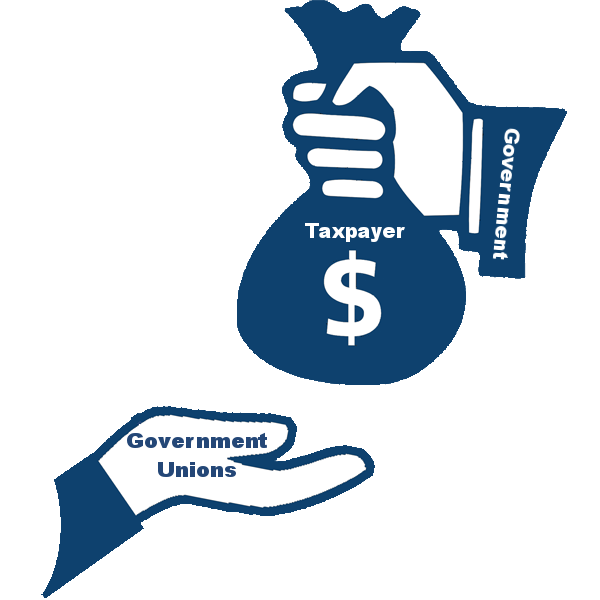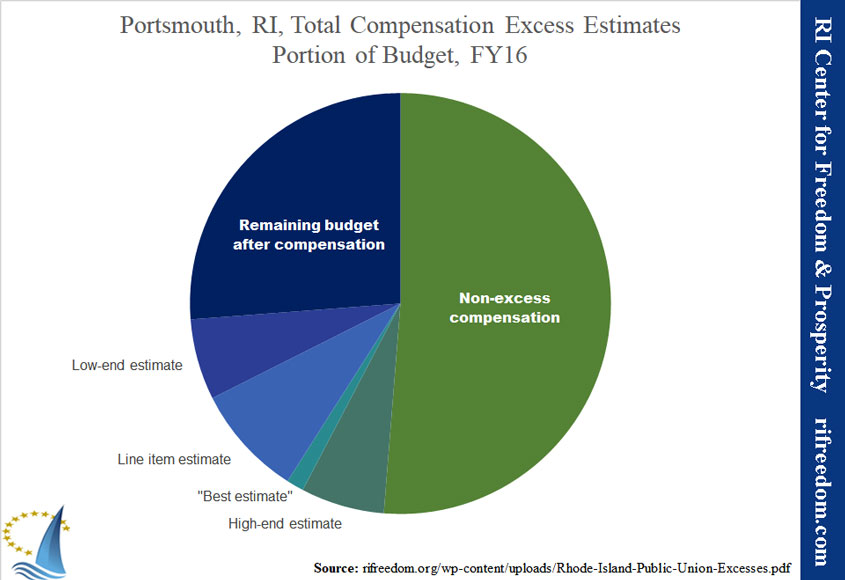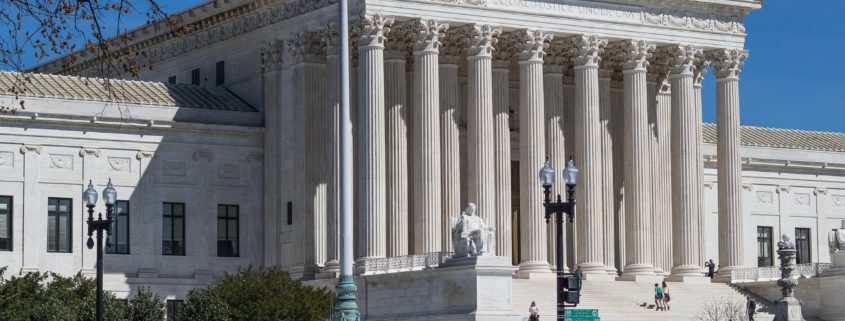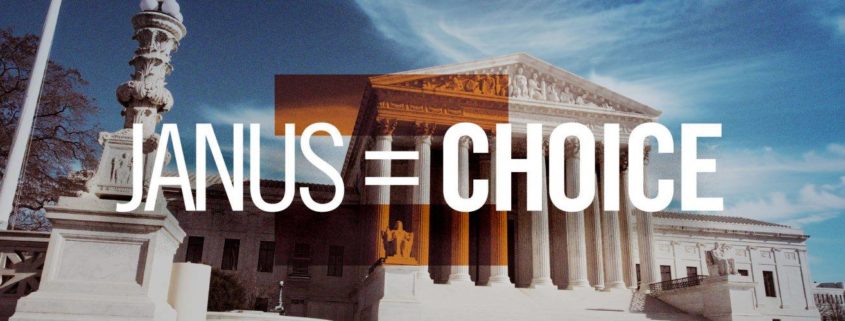CENTER Refutes NEA-RI Claims about its Cost of Collective Bargaining Report
Unions Respond with Mindless Attacks and Unsubstantiated Claims
Teachers Union Response Addresses the Wrong Points
Correction
Providence, RI— The Rhode Island Center for Freedom & Prosperity refutes the unsubstantiated and off-target claims made last week by two government union officials in publicly responding to the Center’s Public Union Excesses report. The eye-popping report details how Ocean State taxpayers are dishing out an extra $888 million per year in providing 26% total compensation premium for government workers as compared with their private sector counterparts, and that drive local property taxes 25% higher than they need be.
Typical of union tactics seeking to avoid discussion of the issue at hand, labor officials try to change the topic by responding with a barrage of subterfuge and attacks on the messenger.
Robert Walsh, executive director of the National Education Association of Rhode Island made a series of apparently incorrect and misguided public comments when he claimed that Ocean State public school teachers make about $14,000 less in salary than their Massachusetts counterparts.
Mr. Walsh’s statement is off-target for a number of reasons:
- The Center’s report focused on “total compensation”, while Walsh focused on just the “salary” component
- The Center’s report compared all public sector workers to private sectorworkers in Rhode Island, while Walsh compared RI public teachers to MA public teachers
- Most importantly, Walsh’s figures, in his attempt to downplay compensation for Rhode Island workers, do not match with public reports.
In his statement last week to the Providence Journal, Walsh claimed that RI teachers averaged $66,758 in salaries, compared to $80,357 in Massachusetts – a gap of $14,000.
However the salary figure reported in the official Employees’ Retirement System of Rhode Island (ERSRI) report show an average 2018 RI teacher salary of $77,581 – about $11,000 more than Walsh claimed. Further, the similar report in MA shows their average teacher salary (including Boston) was just $74,156 – about $6,000 lessthan he claimed.
Walsh proceeded to dig himself into a deeper hole when he claimed on Twitter that the Rhode Island ERSRI figures were inflated because higher paid superintendents and other non-teaching positions were included: yet this reasoning ignores that the Massachusetts figures likely also include such positions, which only would minimally change the calculations by 1-2%.
Per these two reports, Rhode Island teachers make about $3,000 more than do their Bay State counterparts, not the $14,000 less as claimed by Walsh.
Mr. Walsh’s initial statement about any gap could be off by as much as a whopping $17,000. When asked on Twitter to provide documentation for his figures, Mr. Walsh did not respond.
Additionally, the president of AFSCME, the largest government worker union in the state, J. Michael Downey, joined with Walsh in questioning the Center’s donor base and why it is not publicly disclosed.
“Rather than professionally responding to the findings in our report, once again progressive-union-left leaders seek to shut down open and honest debate by mindlessly attacking the messenger,” responded Mike Stenhouse, the Center’s CEO. “Both Walsh and Downey know that the US Supreme Court has ruled that their is a major difference between government transparency and privacy for nonprofit organizations; and that donors to groups like our Center should be protected from recrimination by the government or by over-zealous activists.”
The Center is proud to have earned the support of about 500 in-state donors in support of its core mission to return government to the taxpayers. The Center accepts no public funding and receives no contributions from any out-of-state group that attempts to influence its agenda. The Center’s full donor privacy policy can be viewed here.
The 48-page report was researched and co-authored by adjunct scholar to the Center, Dennis P. Sheehan, and by the Center’s research director, Justin Katz. The reports’ findings are consistent with previous national studies, including a report by the Center in 2012.
The full report also includes tables with town-by-town estimates of the excessive total compensation costs of government workers at the municipal level, in school districts, and in independent fire districts.
CORRECTION: Stuart Peterson, actually the former School District Finance Committee Chair, in commenting on East Greenwich’s $9.5 million excess, was incorrectly listed as former Town Finance Director in the Center’s original media release last week: “The report’s findings are certainly in line with what we have seen in East Greenwich for the last 30 years. Our residents have seen (property) tax increases three times that of inflation, and up to four times that of median household income wage growth.”







 Your comment was submitted successfully!
Your comment was submitted successfully!



